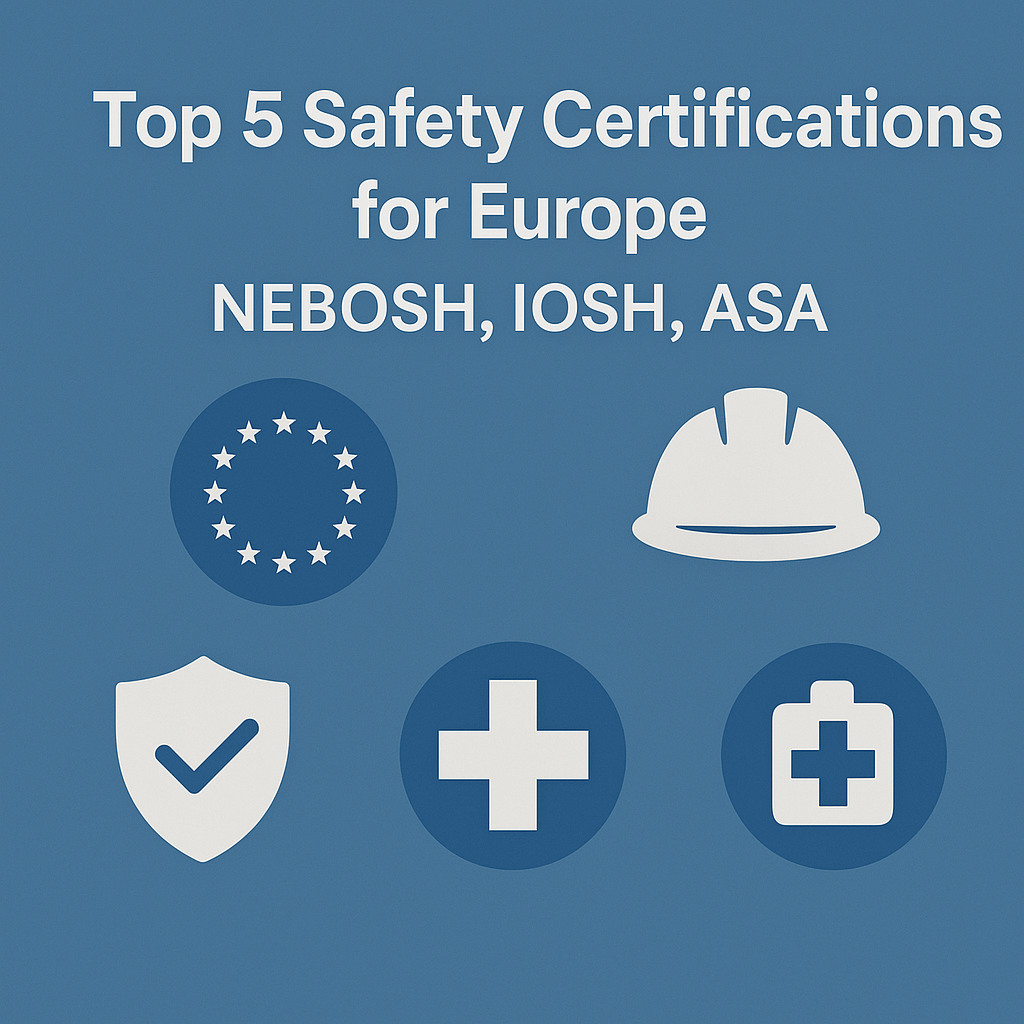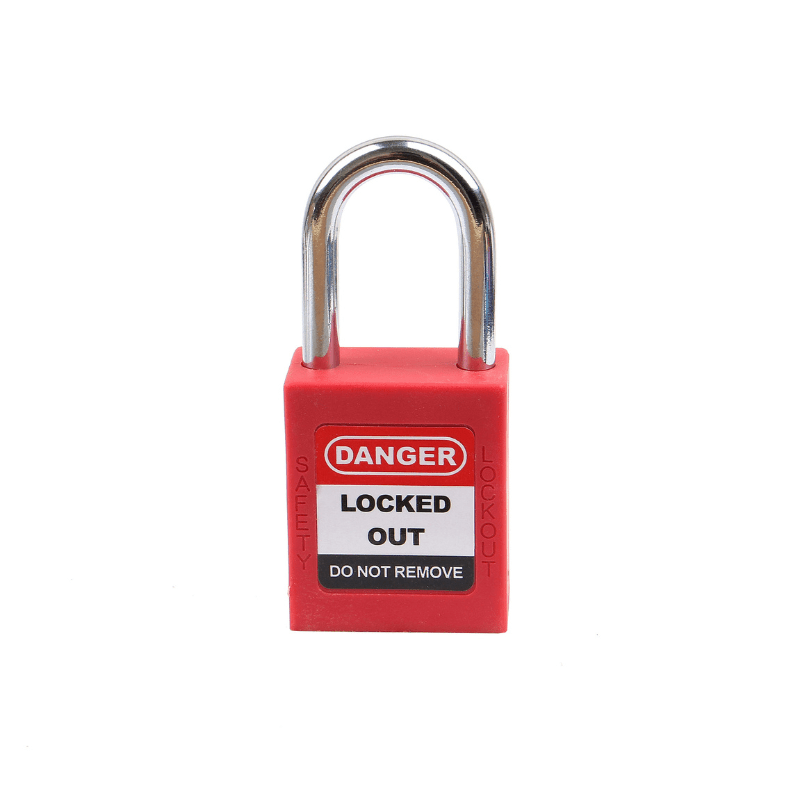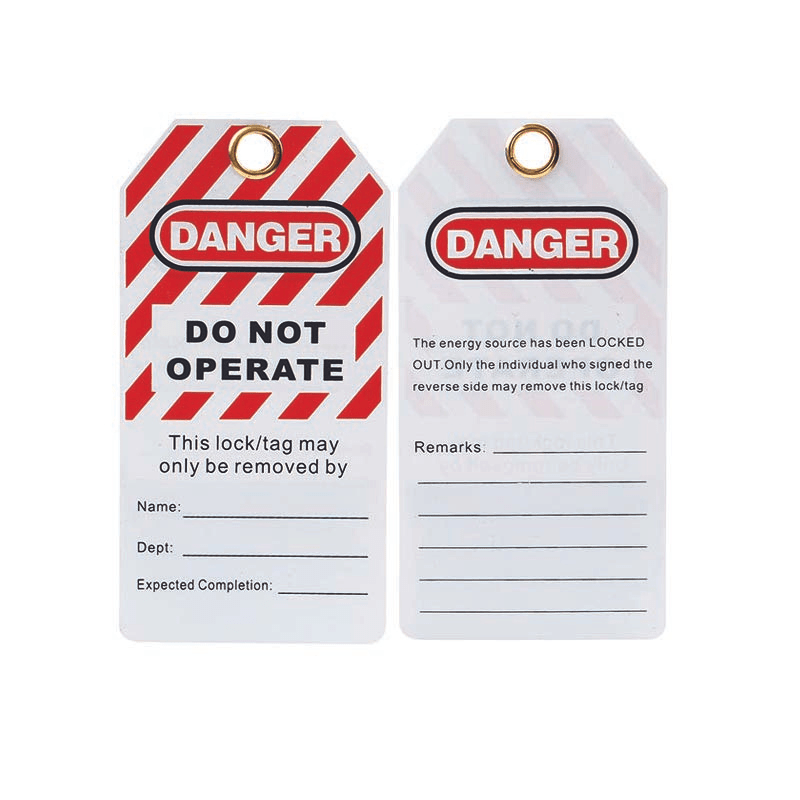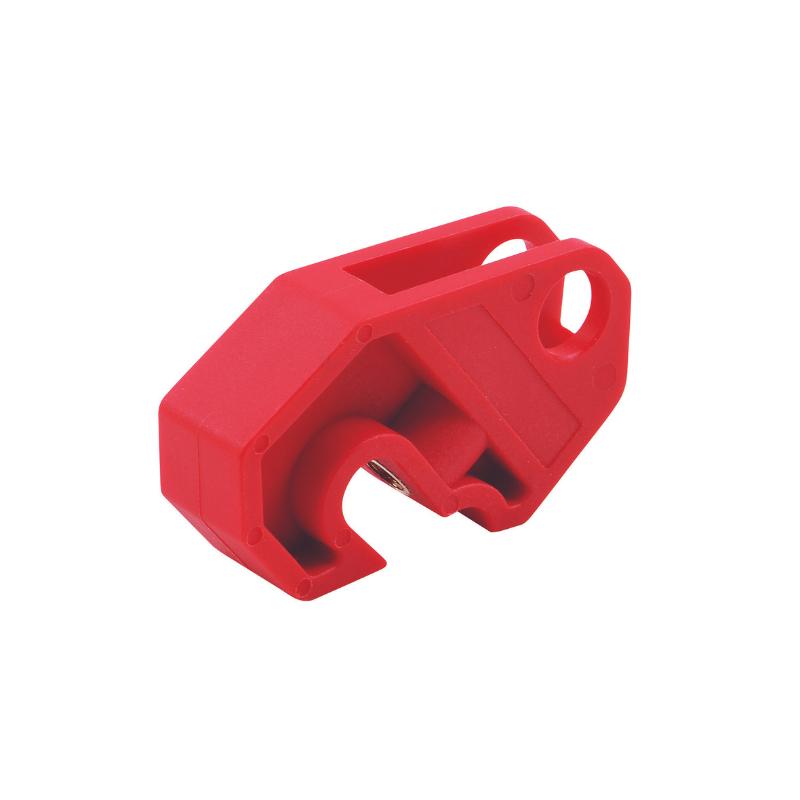Table of Contents
- Introduction
- Why Invest in Safety Certifications?
- 1. NEBOSH International General Certificate (IGC)
- 2. IOSH Managing Safely®
- 3. Swiss Specialist for Occupational Safety and Health Protection (ASA Specialist)
- 4. Safety Certificate Contractors (SCC / VCA / SGU)
- 5. ISO 45001 Lead Auditor
- Conclusion: Investing in Your Safety Career
In today's increasingly complex and regulated work environment, ensuring the health and safety of employees isn't just a legal requirement – it's a fundamental aspect of responsible business practice and a key driver of productivity and morale. Across Europe, and particularly in Switzerland with its stringent standards, organizations place a high premium on professionals who can navigate the intricate landscape of occupational safety and health (OSH). Holding the right certifications doesn't just demonstrate competence; it signals a commitment to excellence and can significantly enhance your career prospects.
Navigating the myriad of available qualifications can be daunting. Which certifications truly open doors in the competitive European job market? Which are essential for specific roles or industries, especially within the unique regulatory framework of Switzerland? This post dives deep into five highly regarded safety certifications, exploring what they cover, who they're for, the typical prerequisites and costs involved, and the types of roles where they are most valued by employers in Europe and Switzerland.
Why Invest in Safety Certifications?
Before we explore the specific qualifications, let's briefly touch upon why they matter:
- Demonstrated Competence: Certifications provide objective proof of your knowledge and skills in specific OSH areas.
- Regulatory Compliance: Many European and Swiss regulations require competent persons to manage safety; certifications help meet this need.
- Enhanced Employability: Certified professionals often stand out to recruiters and hiring managers.
- Career Advancement: They can be prerequisites for promotion or open doors to specialized, higher-paying roles.
- Credibility & Trust: Certification builds trust with employers, colleagues, and regulatory bodies.
- Risk Reduction: Qualified professionals are better equipped to identify hazards and implement controls, reducing workplace incidents.
Now, let's look at five key certifications that consistently appear on employers' wish lists:
1. NEBOSH International General Certificate in Occupational Health and Safety (IGC)
Overview: The NEBOSH IGC is arguably one of the most recognized and respected health and safety qualifications globally, holding significant weight across Europe. It provides a broad understanding of OSH principles and practices based on international standards (aligned with ILO codes of practice).
What it Covers: The syllabus is typically divided into two main units:
- IG1: Management of Health and Safety: Covers why we should manage workplace health and safety, how health and safety management systems work and what they look like, managing risk (understanding people and processes), and health and safety monitoring and measuring.
- IG2: Risk Assessment: Focuses on practical application. It covers physical and psychological health, musculoskeletal health, chemical and biological agents, general workplace issues, work equipment, fire, and electricity. Assessment includes an open-book examination and a practical risk assessment project.
Prerequisites: There are no formal academic prerequisites for the IGC. However, it's designed for managers, supervisors, or individuals starting a career in health and safety. A good standard of written English is necessary as assessments are conducted in English.
Costs: Costs vary considerably depending on the learning provider (numerous providers operate across Europe, offering classroom, virtual, and e-learning options), location, and study mode. Expect to invest anywhere from €1,000 to over €2,500 for the training course and examination fees. Always verify current costs with accredited providers.
Target Roles & Relevance: Highly valuable for aspiring Safety Officers, H&S Advisors, H&S Coordinators, and Managers/Supervisors who have significant safety responsibilities as part of a wider role. Its international recognition makes it portable across many European countries and industries. While not specific to Swiss law, it provides a strong foundational knowledge respected by many international companies operating in Switzerland.
2. IOSH Managing Safely®
Overview: Provided by the Institution of Occupational Safety and Health (IOSH), the world's largest OSH membership organisation, Managing Safely® is aimed at managers and supervisors in any sector and any organization. It's less in-depth than the NEBOSH IGC but provides essential knowledge and practical tools for non-specialists.
What it Covers: The course focuses on practical actions managers need to take to handle health and safety within their teams. Key modules include: Introducing Managing Safely, Assessing Risks, Controlling Risks, Understanding Responsibilities, Understanding Hazards (including common hazards like aggression, bullying, chemicals, fire, stress, noise etc.), Investigating Incidents, and Measuring Performance. The emphasis is on applying this knowledge directly to the workplace.
Prerequisites: No prerequisites are required. It's designed to be accessible for individuals in management or supervisory roles regardless of their prior safety knowledge.
Costs: Generally more affordable than NEBOSH courses. Training (often 3-4 days) and certification typically range from €500 to €800. Check with accredited training providers for current pricing.
Target Roles & Relevance: Ideal for Line Managers, Team Leaders, Supervisors, Department Heads, and Directors who need to embed a safety culture within their teams. It's widely recognized across Europe as a benchmark for management-level safety awareness. In Switzerland, while not a legal requirement itself, it demonstrates a manager's commitment to fulfilling their safety duties effectively.
3. Swiss Specialist for Occupational Safety and Health Protection (ASA Specialist)
Overview: This is the key certification for dedicated OSH professionals working within the Swiss regulatory system. Mandated and overseen by the Federal Coordination Commission for Occupational Safety (EKAS/CFST), appointing an ASA Specialist ("ASA-Spezialist" / "Spécialiste STPS") is a legal requirement for many companies in Switzerland, depending on their size and risk profile. ASA stands for "Arbeitsärzte und andere Spezialisten der Arbeitssicherheit" (Occupational Physicians and Other Specialists in Occupational Safety).
Title in National Languages:
- German: Spezialist/in für Arbeitssicherheit und Gesundheitsschutz (ASGS)
- French: Spécialiste de la sécurité au travail et de la protection de la santé (STPS)
- Italian: Specialista della sicurezza sul lavoro e della protezione della salute (SSPS)
What it Covers: The training is intensive and specifically tailored to the Swiss legal and operational context. It covers:
- Swiss OSH legislation (Labour Act - ArG/LTr, Accident Insurance Act - UVG/LAA, Ordinance on Accident Prevention - VUV/OPA, etc.).
- Systematic hazard identification and risk assessment methodologies (e.g., SUVA method).
- Developing and implementing safety concepts and management systems.
- Specific hazard areas: machine safety (CE conformity, Swiss specifics), chemical handling, ergonomics, construction site safety, psychosocial risks, emergency preparedness.
- Communication, training, and advisory skills.
Prerequisites: Requirements are strict and defined by EKAS. Typically, candidates need:
- A relevant higher-level qualification (e.g., Federal VET Diploma, Advanced Federal Diploma of Higher Education, University Degree in a technical or scientific field).
- Several years of relevant professional experience.
- Successful completion of an EKAS-recognized training course (significant duration, often modular over many months).
- Passing a final examination.
Costs: This represents a significant investment. The comprehensive training courses required often cost between CHF 8,000 and CHF 12,000 or more, plus examination fees. Verify details with EKAS-approved training institutions.
Target Roles & Relevance: Essential for anyone pursuing a career as a Safety Officer (Sicherheitsbeauftragter - SiBe), Safety Engineer, H&S Manager, or consultant within Switzerland. For many companies, having access to a certified ASA Specialist is non-negotiable for legal compliance. This certification is highly specific to Switzerland and paramount for roles within the country.
4. Safety Certificate Contractors (SCC / VCA / SGU)
Overview: SCC (Safety Certificate Contractors) and its equivalents (VCA in the Benelux region, SGU in German-speaking areas) is a certification system focused on the safety of operational employees and supervisors, particularly those working for contracting companies in higher-risk industries. It aims to ensure a basic or advanced level of safety awareness before personnel enter client sites.
What it Covers: There are different levels:
- Basic SCC/VCA (B-VCA): For operational employees. Covers basic legislation, risk perception, hazard identification (slips/trips, hazardous substances, fire, electricity, tools, lifting, working at height, confined spaces), emergency procedures, and safe working practices.
- SCC/VCA for Operational Supervisors (VOL-VCA / SOS-SCC): For supervisors and managers. Includes all Basic topics plus deeper dives into legislation, risk assessment, incident investigation, safety management, permits to work, and task delegation.
Prerequisites: Generally, no formal prerequisites for the Basic level, although attending a recognized training course is standard practice. The Supervisor level often requires holding the Basic certificate or equivalent knowledge. Proficiency in the language of the exam is essential.
Costs: Certification costs per person are relatively moderate, often ranging from €200 to €500 including a one-day training course and exam. Costs can vary by country and provider. Verify with local providers.
Target Roles & Relevance: Crucial for contractors, technicians, engineers, maintenance staff, and supervisors working in sectors like petrochemicals, chemicals, construction, heavy manufacturing, energy, and industrial services. It's widely required by client companies in Germany, Netherlands, Belgium, Luxembourg, Austria, and is increasingly demanded or recognized by large industrial players in Switzerland, especially for cross-border projects or within specific high-risk sectors.
5. ISO 45001 Lead Auditor
Overview: ISO 45001 is the international standard for Occupational Health and Safety Management Systems (OHSMS). An ISO 45001 Lead Auditor certification demonstrates the competence to plan, conduct, report, and follow up audits of an OHSMS against the requirements of this standard.
What it Covers: Lead Auditor training courses (typically 5 days) cover:
- Detailed understanding of ISO 45001 clauses and requirements.
- Auditing principles, processes, and techniques (based on ISO 19011 - Guidelines for auditing management systems).
- Planning and preparing for an audit (audit scope, criteria, checklist development).
- Conducting audit activities (opening meetings, interviews, evidence gathering, observation).
- Identifying and reporting nonconformities.
- Writing audit reports and conducting closing meetings.
- Audit follow-up activities.
Prerequisites: While formal prerequisites vary by training provider, a solid understanding of OHS management principles and the ISO 45001 standard itself is highly recommended (often gained through practical experience or an ISO 45001 Foundation course). Some providers may suggest prior auditing experience, though not always mandatory.
Costs: Certified Lead Auditor training courses typically cost between €1,500 and €2,500+, often including the examination fee. Look for courses certified by recognized bodies like IRCA or Exemplar Global. Confirm costs and accreditation with training providers.
Target Roles & Relevance: Highly valuable for H&S Managers, Quality Managers (with OHS responsibility), Compliance Officers, Internal Auditors responsible for OHSMS audits, consultants helping organizations implement ISO 45001, and individuals seeking to become third-party auditors working for certification bodies. As ISO 45001 adoption grows across Europe and Switzerland, professionals skilled in auditing this standard are increasingly in demand for roles focused on system implementation, maintenance, and verification.
Conclusion: Investing in Your Safety Career
In the dynamic and safety-conscious job markets of Europe and Switzerland, holding relevant OSH certifications is more than just a line on your CV – it's a strategic investment in your career. Qualifications like the NEBOSH IGC provide broad, internationally recognized knowledge, while IOSH Managing Safely equips managers with practical tools. For those committed to a safety career within Switzerland, the ASA Specialist certification is often indispensable due to legal requirements. SCC/VCA is crucial for operational roles in high-risk contracting industries across several European nations, and ISO 45001 Lead Auditor skills are vital for managing and verifying robust OHS management systems.
Choosing the right certification depends on your current role, career aspirations, industry, and geographical focus. Research thoroughly, consider the prerequisites and costs, and align your choices with the demands of the roles you seek. By gaining recognized qualifications, you not only enhance your own expertise and employability but also contribute significantly to creating safer and healthier workplaces – a goal of paramount importance across Europe. Remember that the OSH field is constantly evolving, so continuous professional development is key to long-term success.
Need Expert Advice on Lockout Tagout?
Lockout Tagout (LOTO) is crucial for workplace safety, but it can be complex to implement correctly. Whether you need guidance on the best practices, training requirements, or selecting the right lockout devices, The Lock Box is here to help.
Our team of LOTO experts is ready to answer your questions and provide tailored solutions for your facility.
Contact us today at hello@thelockbox.ch – let’s ensure your workplace is safe and compliant!



